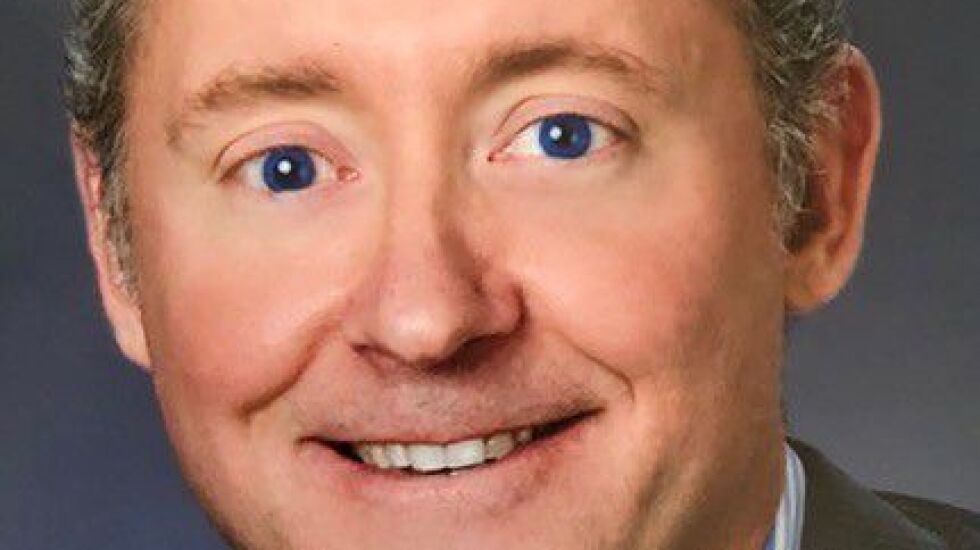
Chicago is the historic birthplace of futures contracts tied to grains, stock indexes, interest rates and sundry other assets. How about futures tied to medical procedures or promising new drugs?
Investors and executives have filed for regulatory approval to form the first futures market tied to health care. They’re calling it the Intelligent Medicine Exchange, or IMX, and contend it can help control rising prices.
Health care represents 20% of the U.S. economy, but it has no system for hedging financial risk, said James Plante, CEO of the proposed exchange and managing partner at Thynk Capital, the lead investment firm in IMX. He said pharmaceutical firms, insurance companies, hospital chains and large employers are among businesses needing protection from rising medical costs.
Plante likened health care to the oil industry before it got futures contracts in the 1980s. “Oil was perceived like health care is today. It’s just a cost. When you have a futures contract that you own, you benefit from increases in costs and own that as an asset. You can short that if you think prices are going to go down,” he said.
IMX has applied with the federal regulator of futures markets, the Commodity Futures Trading Commission, to operate as an exchange. Plante and Felix Carabello, chief commercial officer at IMX, said they hope to be in business by the first quarter of 2023.
They declined to speculate on exactly what contracts the exchange will offer. Each type would require regulatory approval. But they offered examples of how a health care exchange might be used.
A pharmaceutical company needing to offset research costs and obtain financing could sell a contract tied to a treatment it is working on, getting upfront cash. Insurance companies and employers expecting higher medical costs could buy contracts tied to cost indexes. A patient expecting a knee operation can trade a contract tied to how many are performed. The examples involve anticipating future costs, which farmers have done for decades on the commodities markets.
A health care exchange can exist now because of anonymized data available about medical costs and procedures, Plante and Carabello said. They said IMX has developed patent-pending cost indexes that will underlie its futures contracts.
“Usually, higher prices are an advertisement for more capacity,” Carabello said. “So the health care market is crying for more capacity, and with our tools we’ll be able then to bring investors to the fore [and] hopefully stabilize these prices.”
Plante said it’s possible the exchange could offer futures tied to the COVID-19 outbreak or to other infections.
IMX is operating from offices at 141 W. Jackson Blvd., also known as the Chicago Board of Trade Building. It has about a dozen employees and expects to ramp up hiring as it gets closer to launch, Plante said.
The venture has no financial ties to CME Group, owner of the Chicago futures markets. But some people involved in the venture used to work for that company.
They include Carabello and strategic advisers Phupinder Gill and Kim Taylor. Gill is a former CEO of CME Group, while Taylor is a former president of the exchange firm’s clearinghouse.







